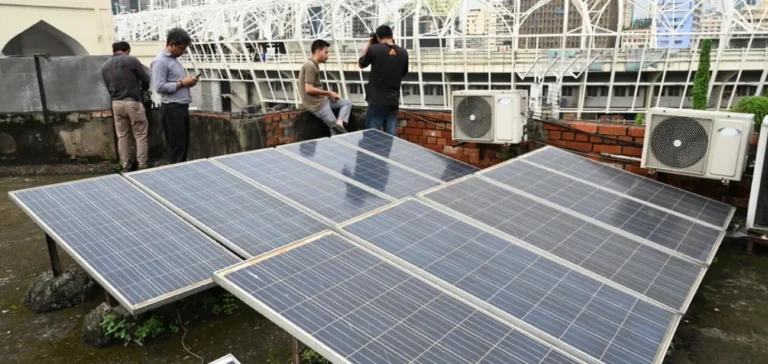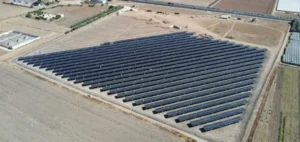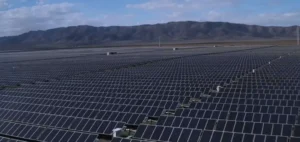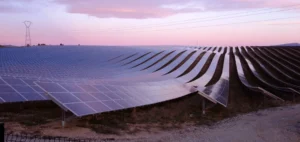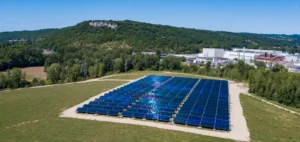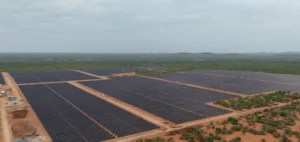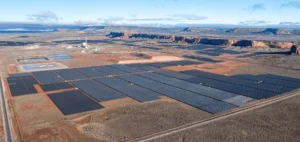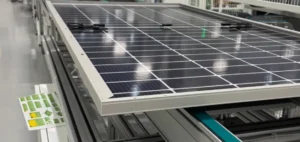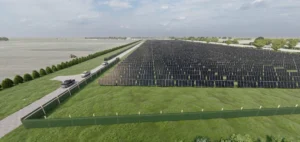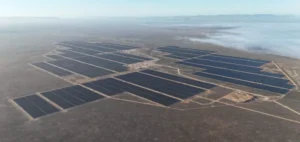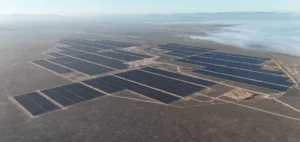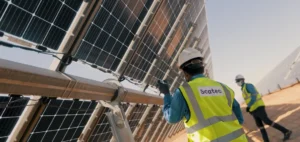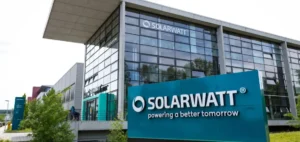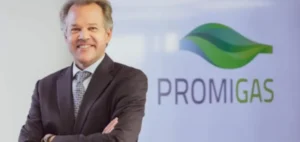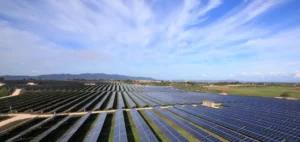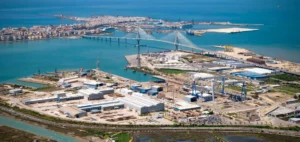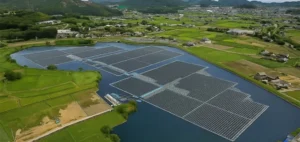Bangladesh has launched a national program mandating the installation of solar panels on public buildings to reduce the country’s energy dependence. This initiative specifically targets schools, colleges, and hospitals, all of which are now required to adopt photovoltaic installations. The project directly addresses the country’s challenging economic situation, exacerbated by high fossil fuel import costs. Unlike large-scale ground solar projects, rooftop installations are expected to become operational much sooner.
Private Financing for Public Infrastructure
The adopted economic model involves private companies installing and maintaining solar systems on rooftops provided by public institutions. In exchange, these buildings avoid electricity bills and receive financial compensation in the form of rental income. This approach allows the government to minimize immediate financial commitments. The objective is to create a virtuous cycle whereby private investment generates tangible savings for the involved institutions.
This strategy builds upon existing regulations requiring new constructions to incorporate solar capacity, a directive already in place for several years. However, despite these requirements, the total installed rooftop photovoltaic capacity remained relatively modest, with less than 200 megawatts by the end of 2023. This new program precisely aims to accelerate the pace of installation by utilizing existing and readily accessible infrastructure.
Economic Challenges and International Context
The government’s decision comes as Bangladesh actively seeks to reduce its energy expenses. Solar power accounted for only 5.6% of the national energy mix in 2024, significantly behind other South Asian countries like India and Sri Lanka. This disparity has intensified economic pressures on the nation, particularly impacting its foreign currency reserves.
This initiative follows recent support from the International Monetary Fund (IMF), which released $1.3 billion as part of a broader economic support program. These funds are primarily aimed at strengthening national foreign currency reserves, which are currently under stress. By reducing fossil fuel imports, Bangladesh hopes to further stabilize its economy and decrease vulnerability to global energy price fluctuations.
Operational and Technical Challenges of the Program
Simultaneously, Bangladesh is conducting several tenders aimed at developing more than 5 gigawatts of ground-based photovoltaic capacity. However, these large-scale projects require several years before becoming operational. Immediate installation on public buildings thus appears as a temporary but swift solution to enhance the country’s energy security.
Significant challenges facing the program include technical constraints such as equipment quality assurance, electricity grid management, and effective integration of decentralized power production across numerous sites. Furthermore, regulatory barriers such as high tariffs on specific components and administrative complexity may delay deployment. Despite these challenges, the government is banking on the relative simplicity of this model to rapidly attract private investment and achieve its economic and energy objectives.


